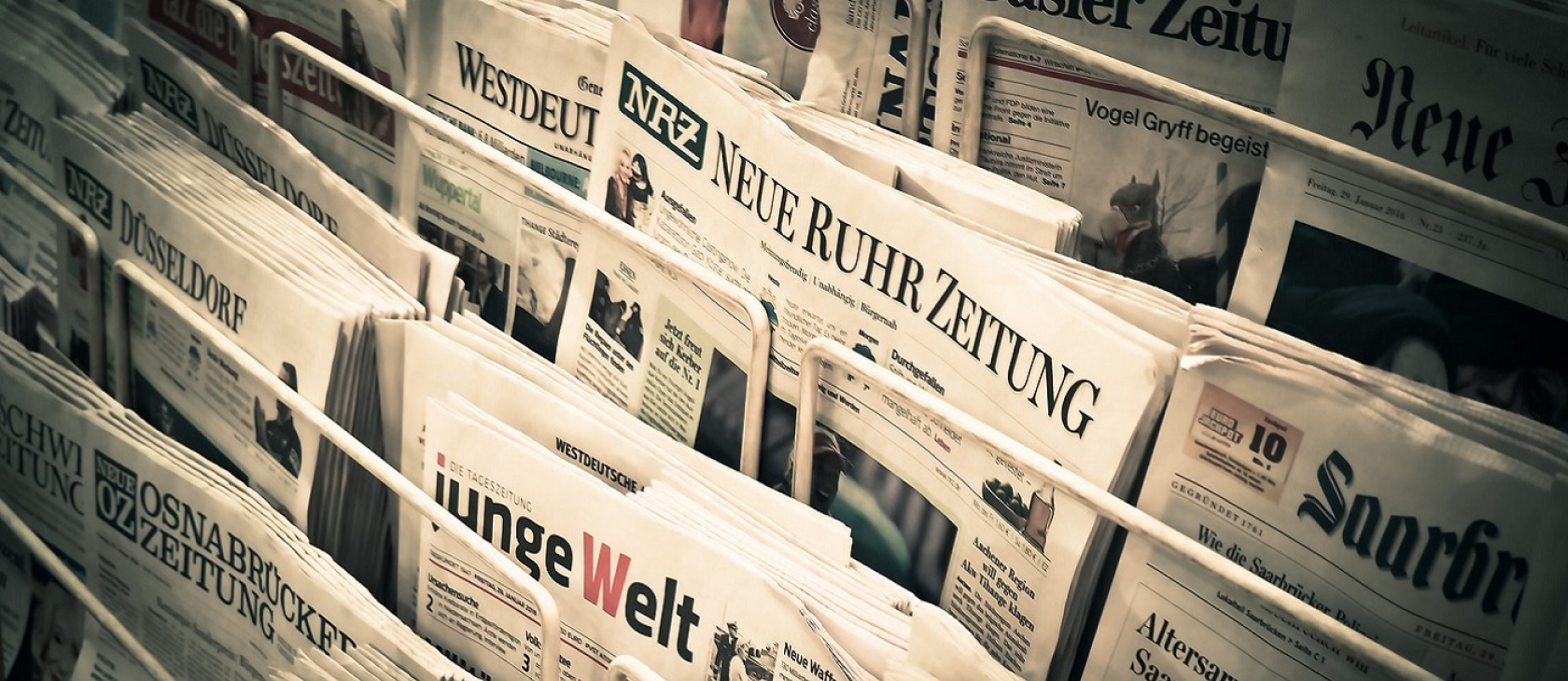There is a link between economic inequality and national stress and unrest – but it may not be the relationship you assume. Rising media coverage of inequality makes people worry about their finances and believe their country is unjust, even if their incomes and economic fortunes are improving, a new study has found.
The number of German media stories about inequality has “more than quadrupled between 2001 and 2016,” according to the Cologne Institute for Economic Research (IW). Reports about income gaps have doubled over the last decade alone, even though measures of such equality have actually decreased.
Researchers from IW and EcoAustria reviewed more than 640,000 media reports, then interviewed 30,700 people repeatedly over a 14-year period. Perhaps unsurprisingly, they found that the more reporters emphasized inequality, the more people expressed concern over the state of the economy.
Media coverage of inequality within “three consecutive days before the respective interview is significantly negative for [stoking] the worries of the interviewees.”
More news stories of economic inequality also made German citizens question their nation’s fundamental commitment to justice. A one percent increase in stories about inequality made Germans 11 percent less satisfied with their country’s level of “social justice” (the term IW used).
This increase in anxiety and discontent is taking place despite the fact that actual economic conditions have been continually improving. According to the World Bank, GDP per capita has had a virtually unbroken increase since 1989, rising from $30,988 to $45,551 in constant 2010 U.S. dollars.
This has benefited citizens across the nation, including the formerly communist eastern part of the reunified land. “From 1991 to 1997, per capita GDP grew in eastern Germany at a rate of 60 percent - a level comparable to the growth seen in West Germany from 1950 to 1956 during the so-called postwar ‘economic miracle,’” according to Deutsche Welle. By 2013, the nominal income level in eastern Germany had risen to 89 percent of that in the western part of the country.
Most of the increase in poverty is due to the influx of migrants, according to the Institute of Economic and Social Research. Poverty among native-born Germans actually decreased last year.
Like the UK, Germany defines “poverty” as anyone making 60 percent of the median income or less. As I’ve noted, that doesn’t actually record poverty; it records inequality. Germany’s booming economy means that “the poor” made 76 euros more each month in 2016, than they did in 2010, adjusted for inflation.
Even economic inequality has been falling. The World Bank shows the Gini Coefficient declining from 2006 to 2011, due to the Great Recession. (As the economy improved, inequality risen, then fallen again.)
Left to their own devices, Germans consider their lives more fulfilling than others in the developed world. On a scale from one-to-10, the average German rates his life satisfaction at 7, higher than the OECD average of 6.5.
But IW found it took but a few media stories to shatter all that national contentment.
“Overall, there is no link between perceived inequality and actual income inequality across national boundaries,” say the authors of the report, which is titled, “Distorted perception: How reports of inequality are unsettling.” However, they note “the political preferences of voters are shaped by subjective perceptions rather than by actual developments.”
The increased worry can be chalked up to widespread misunderstanding of economics. Well-meaning people assume that growing inequality means greater poverty and privation. The elites appear to be hoarding finite resources, which (it is often implied) may have been immorally acquired. However, “inequality” is a misleading measure. It does not evaluate people’s well-being, the nation’s fiscal trajectory, or whether people are better or worse off than they had been.
The IW chides reporters for failing to distinguish these phenomena adequately. "Traditional media still have an influence on the perception of the population," said IW researcher Matthias Diermeier. “With this responsibility, they should handle it carefully.”
Journalists could undeniably be more responsible in their coverage of economics. But citizens, especially Christians, have a responsibility to receive and process information carefully, as well.
Reporting on inequality can too easily stir jealousy against those blessed with greater opportunities. One of the spiritual lights of his day – John Vianney, the Curé of Ars – tied contentment and the lack of worry with the absence of envy.
“Good Christians ... envy no one; they love their neighbor; they rejoice at the good that happens to him, and they weep with him if any misfortune comes upon him,” he said. “Let us, then be good Christians and we shall no more envy the good fortune of our neighbor.” If we do that, “we shall enjoy a sweet peace; our soul will be calm. We shall find paradise on earth.”
(Photo credit: Public domain.)








